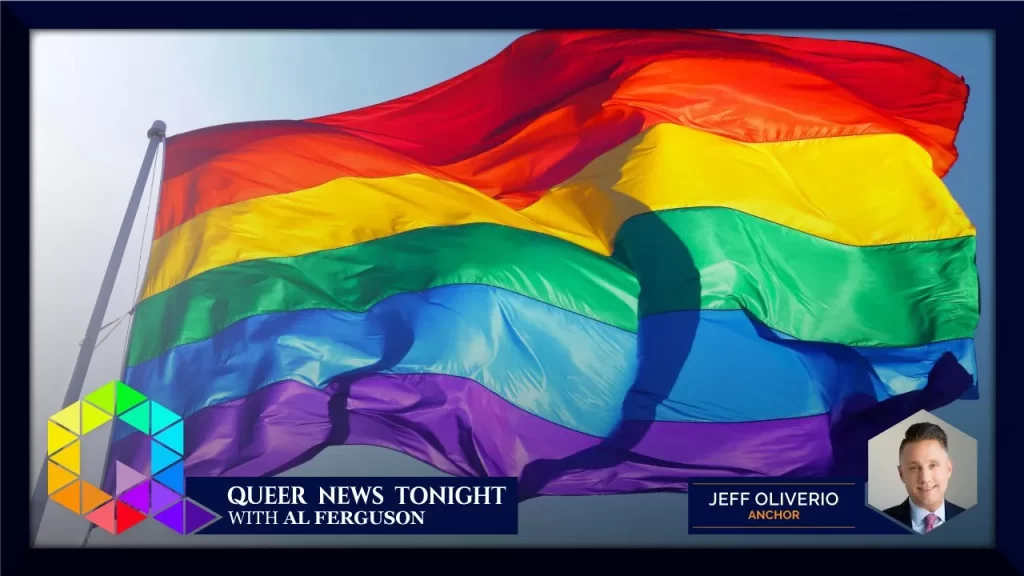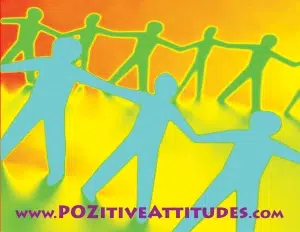The City Council of Huntington Beach, California, has made a controversial decision to ban the flying of the Pride flag over City Hall. In a move that has sparked debate, the council has voted to only allow government flags to be flown over City Hall, effectively banning the Pride flag.
This decision comes after the same council unanimously voted in 2021 to fly the Pride flag in June to honor Pride month. However, it appears that this move has been perceived as discriminatory against other groups, leading to the decision to ban the flag altogether.
Councilman Pat Burns, who led the effort to ban the flag, released a statement saying that the city should avoid actions that could be perceived as divisive. Burns stated that all members of the community are equally valued and should not be treated differently or discriminated against.
However, the decision to ban the Pride flag has been met with opposition from citizens and activists who argue that the move is discriminatory against the LGBTQ+ community. Many letters were sent to the city regarding the issue, with 228 supporting the Pride flag and only 46 supporting its ban.
The ban on the Pride flag is a controversial move, especially given the significance of the flag to the LGBTQ+ community. The Pride flag is a symbol of pride and acceptance, representing the fight for equality and the struggle against discrimination.
The decision also raises questions about the rights of marginalized groups and their ability to express their identity and pride. The LGBTQ+ community has long been fighting for equal rights and recognition, and the ban on the Pride flag could be seen as a setback to these efforts.
This decision also reflects a wider debate around the role of government in promoting diversity and inclusion. Should the government have a responsibility to celebrate diversity and recognize the rights of marginalized groups, or should it remain neutral and impartial?
The ban on the Pride flag is likely to continue to be a contentious issue, with many arguing that it is discriminatory and goes against the values of inclusion and diversity. It remains to be seen whether the decision will be reversed, and whether the city will continue to support the rights and visibility of marginalized communities.


















